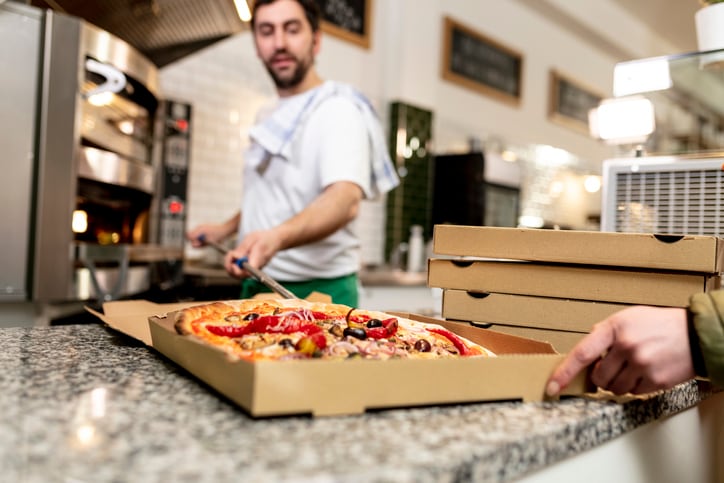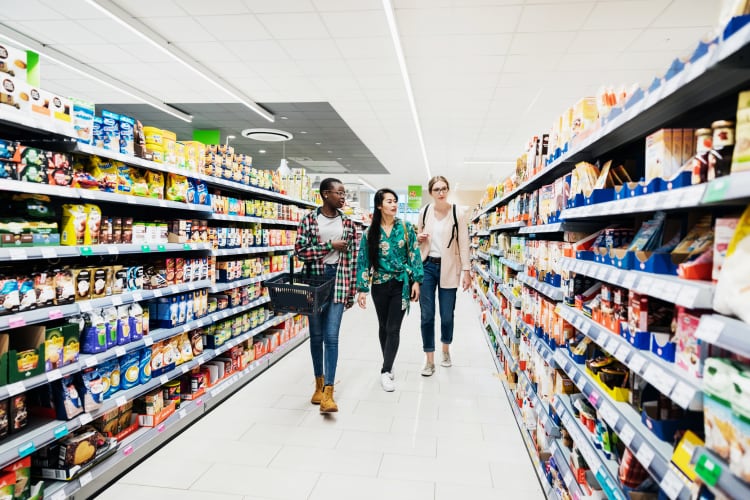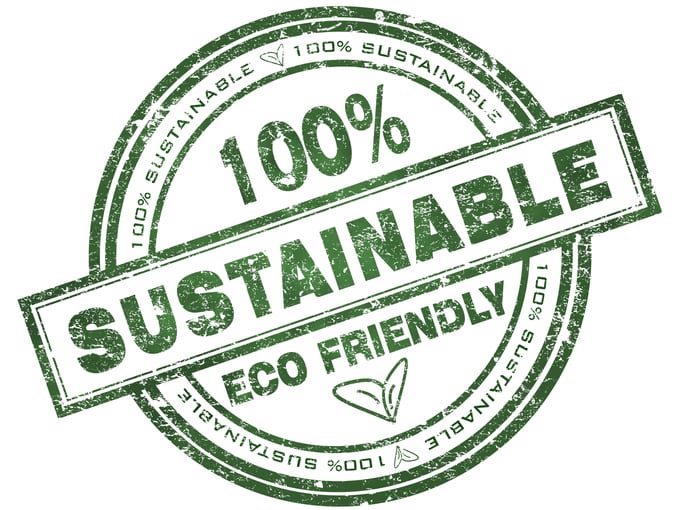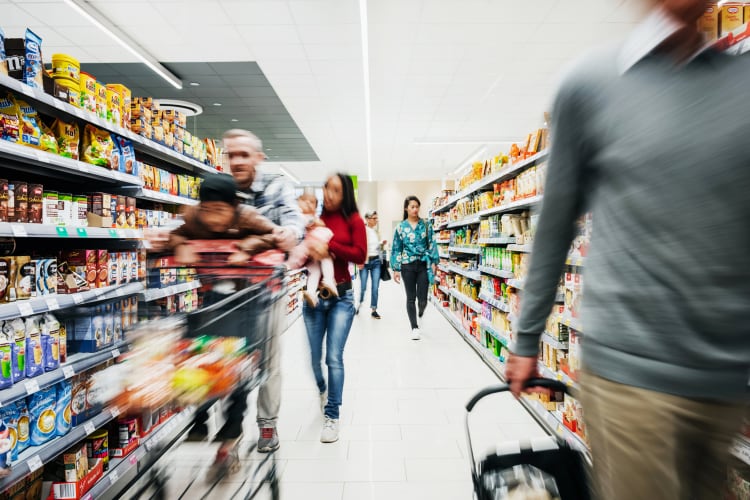In a survey of 7,000 global consumers by restaurant software company Deliverect, respondents revealed that food delivery options perceived as being eco-friendly options are important to their ordering decisions.
Some 43% of diners said they would pay more for takeout food that was sustainable; 68% said restaurants should have processes in place to avoid waste.
Consumers willing to pay more for sustainable options
While 65% of survey respondents said they find healthy, sustainable eating to be more expensive, 43% said they are willing to pay more for takeaways in restaurants that have visible sustainability practices.
Over half (56%) said they would like restaurants to better share how they are working to make takeaways/deliveries more sustainable.
Avoid excessive food waste
The survey also revealed that while 67% of consumers usually keep larger than necessary food portions for another meal (leftover), 51% said that seeing large amounts of food waste frustrates them and puts them off from ordering from that restaurant again.
Some 73% wanted more accurate portion sizes to avoid food waste, and 68% said takeaway restaurants should have precautions in place to avoid unnecessary food waste.
Be conscious of sustainable packaging
Consumers are on the lookout for restaurants using sustainable materials, the study revealed. Some 54% of consumers would prefer to order from restaurants that remove excess packaging from the food delivery. Over half (56%) would also show preference to a restaurant that uses eco-friendly packaging over single-use plastic.
“Online delivery and takeaway orders are continuing to rise in our digital-first, often-remote world,” said Zhong Xu, Co-Founder & CEO of Deliverect, a Belgium-based software maker that integrates orders from food delivery channels into restaurants’ POS. “While consumers will always want fresh ingredients and a variety of menu offerings, something else is increasingly paramount to their order decisions: a restaurant’s sustainability efforts.”
Deliverect gave 4 tips for restaurants and takeaways to leverage customers’ sustainability concerns
- Streamline order efficiencies to offer customers more sustainable options: To stay up on the competition and meet customer needs, consider making sustainable strides like revamping your menu to include locally-sourced ingredients and cutting down your delivery times. Even better, look to modern technology to improve your operational efficiencies and open the door to more time for you to focus on sustainability.
- Being transparent: Take your restaurant a step further by reassessing which producers you work with, or by donating a portion of sales to local sustainability organizations and share these initiatives with your customers. A key place to do so is on your digital channels: 54% of consumers said they would love to see the most eco-friendly food options on a restaurant takeaway/delivery app.
- Cut down food waste: Be as thoughtful as possible about your food orders as well as how to handle any extra food (e.g. donating it to a food bank) to help combat this important consumer issue.
- Up eco-friendly packaging: While takeaway/deliveries will require some way to get them from restaurant to home, there are environmentally-friendly steps you can take to help your customers and the planet. As a starting point, choose the eco-conscious materials mentioned above (there are even more creative ways to help the planet - like seed paper packaging) and cut down on the use of cutlery, napkins, etc. in orders.
The growing convergence between gourmet and sustainability
Co-founder and chef at Kindling Restaurant in trendy English seaside town Brighton told FoodNavigator sustainability was a major part of the its ethos, which centres around good quality seasonal produce and regenerative farming.
"Me and my co-founder have previously worked for a lot of restaurants that use the buzzwords of sustainable local, seasonal but very loosely,” she said. “When we started Kindling we wanted to do it right and live by those values and be as kind to the environment as we could be as a restaurant."
Kindling, which is featured in the Michelin Guide and is a member of the Sustainable Restaurants Association, sources the vast majority of its produce from local farms and tries to work as seasonally as possible with its menus, which change daily.
This ethos creates both 'awesome' tasting food, she added, all the while minimizing waste. "Basing our menu on what we have on our doorstep means everything tastes better and we have to do less to it."
The philosophy also appeals to diners. “We definitely have customers who ask lots of questions about where our food comes from and how is it raised or grown. Others, particularly. tourists like the fact the food is local. Some people don't care and just want a nice meal, others love the experience of eating produce that's sourced within a 25-mile radius."
The approach is not without challenges too. The Kindling team had to invest in ways to preserve foods to counter the less fertile winter months from a seasonal point of view.
Plastic is another challenge, she told us, and she identified a need for food technology to offer solutions to help restaurants find substitutes. "A viable alternative to cling film would be amazing," she said.





